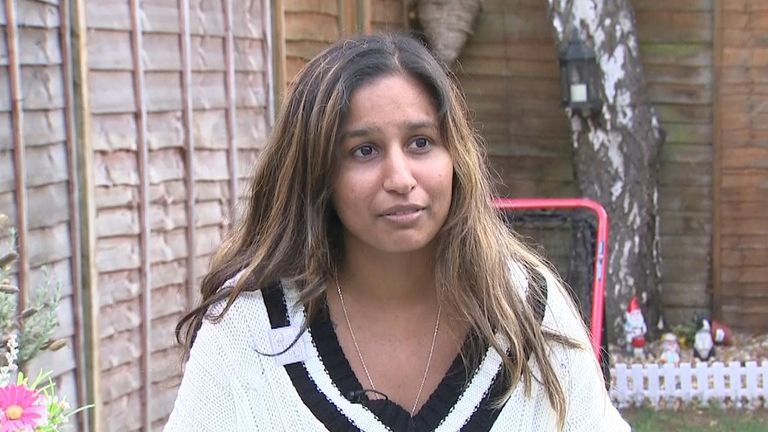Infection
Up to 200,000 people to be monitored for COVID this winter to track infection rates
Up to 200,000 people will be monitored for COVID-19 this winter in a scaled-down version of the three-year infection survey for the virus.
The new study will run from November 2023 to March 2024, with as many as 32,000 lateral flow tests being used every week.
Scientists will be able to identify any changes in the rate of people infected with COVID-19 being admitted to hospital and assess the potential for increased demand on the NHS.
It is being co-ordinated by the Office for National Statistics (ONS) and the UK Health Security Agency (UKHSA).
The previous COVID infection survey, which ran from April 2020 until March 2023, was considered the “gold standard” for tracking the virus.
There have been no official estimates of COVID-19 levels since that time.
Any results identified in the new survey will be broadly representative of the population as a whole, even though the number of people invited to take part is smaller than in the original survey.
Professor Steven Riley, Director General of Data, Analytics and Surveillance at UKHSA, said: “The data we collected alongside the ONS during the pandemic provided us with a huge amount of valuable insight, so I am delighted that we are able to work together again to keep policymakers and the wider public informed in the coming months.
“UKHSA continues to lead the way internationally on COVID-19 surveillance and by re-introducing a study of positivity in the community, we can better detect changes in the behaviour of the virus,” he added.
Read more from Sky News:
Vaccine scientists win Nobel Prize
COVID inquiry turns its focus to politicians
Drug used to treat virus linked to mutations
Deputy National Statistician Emma Rourke at the ONS said the organisation was “delighted” to be administering the study.
“There remains a need for robust data to help us continue to understand the virus and its effects during the winter months.
“As well as working to provide UKHSA with regular rates of positivity, we will also be looking at analysis of symptoms, risk factors and the impact of respiratory infections, including long COVID, as part of this important surveillance.”
The ONS ran the previous COVID infection survey with Oxford University.



